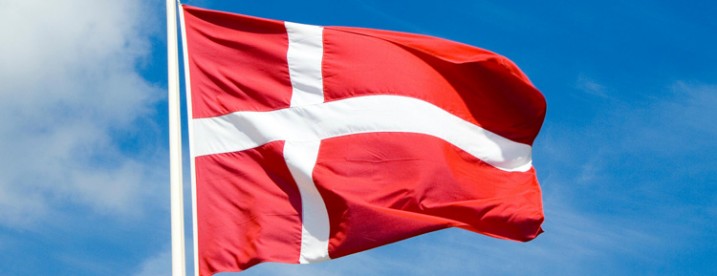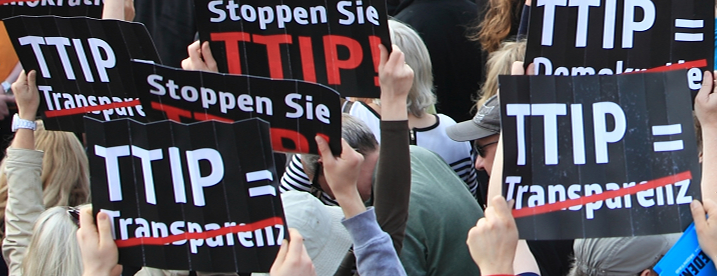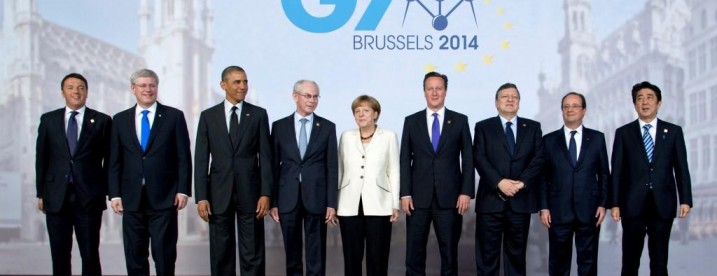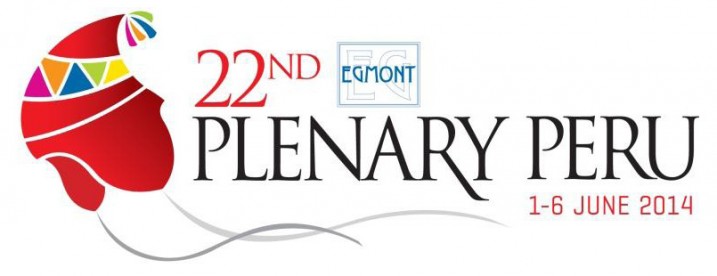By Liz Confalone, December 5, 2014

Slow but Steady Progress towards Curtailing the Abuse of Anonymous Companies
In June 2013, G8 leaders met in Lough Erne and agreed to a set of principles on beneficial ownership transparency. The principles state that companies should maintain their beneficial ownership information and that the information should be available to law enforcement and other competent authorities; additionally, countries were to consider making such information available to financial institutions and other regulated businesses. Trust information should be collected and available, the principles explained, but only to law enforcement. These principles were largely reiterated by the Financial Action Task Force (FATF)—the body setting international anti-money laundering standards—in their Guidance on Transparency and Beneficial Ownership in October 2014 and by the G20 in their High Level Principles on Beneficial Ownership in November 2014.
Despite the establishment of this baseline, momentum is building since Lough Erne to raise the bar. In July 2013, the UK began the process to establish a central register of information and, after a public comment period, determined that the register should be publicly available—a position strongly supported by Global Financial Integrity (GFI). In April 2014, the European Parliament approved provisions requiring formation of public registers as part of their draft of the European Union’s Fourth Anti-Money Laundering Directive (AMLD), but the E.U. Council and the E.U. Commission have yet to take a public position on the AMLD, delaying its final adoption. Just last month, Denmark announced that it, too, would create its own public registry of beneficial ownership information.

World Leaders Called on to Embrace Transparency Measures to Curtail Illicit Financial Flows
WASHINGTON, DC – As world leaders gather in Australia this week, Global Financial Integrity (GFI) called on the G20 to take strong action against illicit financial flows by embracing simple corporate transparency measures. Specifically, the Washington, DC-based research and advocacy organization urged G20 leaders to endorse the creation of public registries of beneficial ownership information as well as require all multinational corporations to publicly report their sales, profits, and taxes-paid on a country-by-country basis, as necessary tools to detect and deter crime, corruption, and tax dodging.

Move Strikes at One of the Biggest Tools for Laundering Money
Danish Plan Raises Pressure on European Council and Commission, G20, and U.S. to Take Action
WASHINGTON, DC – The Danish government announced today that it will create a public registry of beneficial ownership information for all Danish companies in a move lauded by Global Financial Integrity (GFI) as key to cracking down on one of the biggest tools for laundering the proceeds of crime, corruption, and tax evasion.
By Michele Fletcher, June 20, 2014

The Transatlantic Trade and Investment Partnership seeks to unite U.S. and EU markets: a gigantic trade deal uniting over 800 million consumers across the United States and the European Union, and yet all its important documents remain shielded...
Council of the European Union Approves Text and Timetable for Directive, Including Crucial Measures on Beneficial Ownership Transparency.
WASHINGTON, DC – Global Financial Integrity (GFI) praised the Council of the European Union for continuing today the EU’s movement towards cracking down on anonymous companies, a major conduit for laundering the proceeds of crime, corruption, and tax evasion.
The Council, which is composed of government ministers from each EU member country, agreed on a revised text of changes to the EU’s Anti-Money Laundering Directive (AMLD), which will now return to the Parliament for a second reading and negotiations with the Council on final wording. The Council text retains the requirement, which the European Parliament overwhelmingly approved in March, that companies and trusts formed in every EU country disclose their “beneficial owners,” or the natural persons who ultimately own or control them, to a central authority.
“We strongly praise the Council for its movement to crack down on anonymous companies,” said GFI President Raymond Baker, a longtime authority on financial crime. “As our research notes, nearly $70 billion flowed illegally into or out of emerging EU economies in 2011. Anonymous companies are the number one tool for laundering the proceeds of crime, corruption, and tax evasion. Creating registries of the true, human, ‘beneficial’ owner of each company—as the Council endorsed today—is a common sense approach to curbing financial crime and the tremendous flow of illegal money.”
By Michele Fletcher, June 10, 2014

On Wednesday, representatives from the Senate, European Embassies of Luxembourg, the Netherlands, and anti-corruption NGOs, including GFI’s Tom Cardamone, gathered in the U.S. Senate’s Kennedy Caucus Room to discuss the growing dangers of illicit financial flows in Europe as major contributors to the European financial crisis.
U.S. Senator Jeff Sessions (R-AL) spoke about his experience with Russia’s systematic aggression in the Balkan areas, and advised they take a stronger stance against Russian encroachment. Dependence on American financial and military hegemony in the region is not a sustainable security solution, he added. Sessions, who also served as Attorney General of Alabama, urged that Central and Eastern Europe push for anti-corruption and transparency laws.
I am convinced that prosperous and open societies make the world better. The values of financial integrity are exactly what we need.
All agreed that financial integrity is the linchpin of stability and security. Hon. Becky Norton Dunlop, Vice President of the Heritage Foundation, said:
Ensuring transparency is key to dealing with corruption.
This is not just a Republican issue. This is not just a Democratic issue; this is an issue for all Americans.
The crisis in Crimea was preventable, argued Natasha Srdoc, Chairman of the Adriatic Institute for Public Policy. Regional stability is greatly undermined by Western European banks promoting fraudulent transactions in the Balkans. Had Ukraine formally broken its ties to Russia and joined the EU, it could have deterred Russia from annexing Crimea. Yet joining the EU may also have exposed the corruption schemes of Ukrainian elites, including that of former President Viktor Yanukovych and former PM Pavlo Lazarenko, whose own anonymous shell company was based in Wyoming.

GFI Urges G7 Leaders to Push for an Illicit Financial Flows Goal in the Post-2015 Sustainable Development Agenda
GFI Calls for Implementation Assessments on Beneficial Ownership Commitment to Be Published by End of 2014
WASHINGTON, DC – G7 leaders meeting in Brussels reiterated their commitment to curtailing illicit financial flows stemming from crime, corruption, and tax evasion in a communiqué released today, as Global Financial Integrity (GFI) called on world leaders to push for an explicit illicit financial flows commitment in the post-2015 Sustainable Development Goals (SDGs).

Contributing to a Safer and More Secure World Demands That Financial Intelligence Units Work to Change the System from Within
GFI President Raymond Baker delivered the keynote address before the 22nd Plenary of the Egmont Group of Financial Intelligence Units in Lima, Peru.







